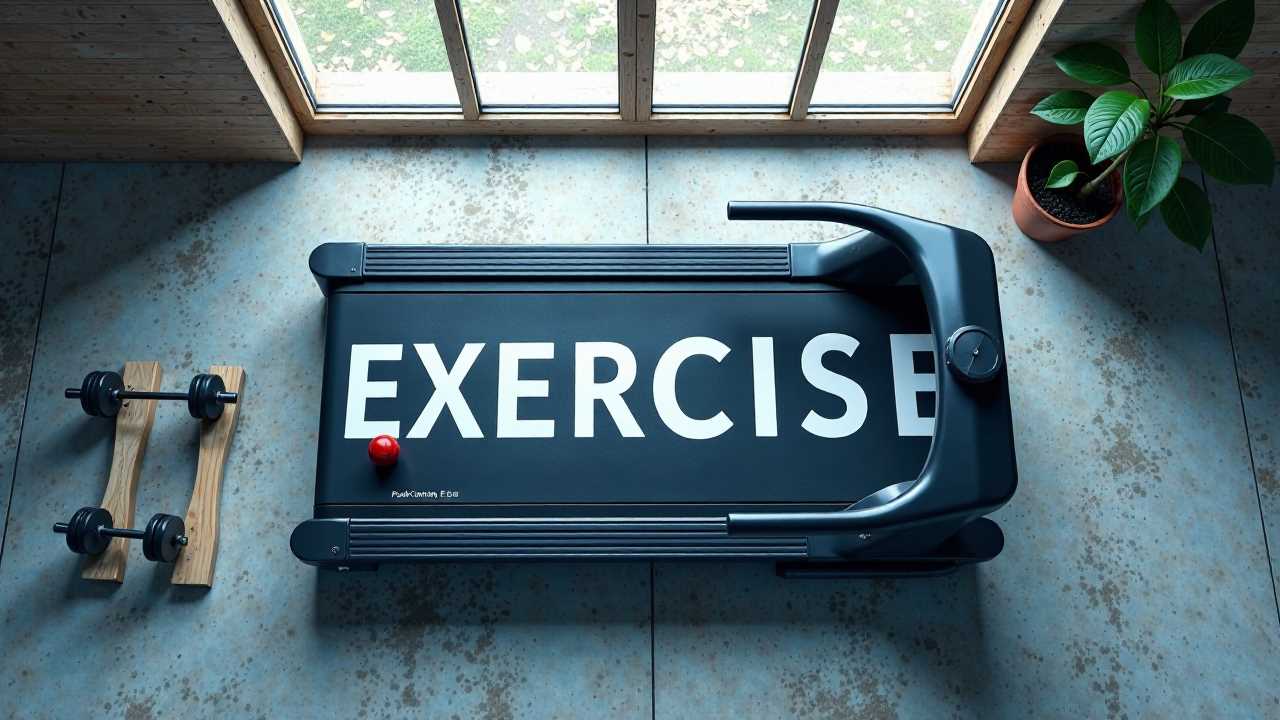
Understanding Post-Workout Nutrition
Post-workout nutrition is a pivotal aspect of any fitness regimen, particularly for those engaged in home exercise recovery. The body undergoes significant stress during workouts, leading to muscle fatigue and micro-tears. To facilitate muscle repair, it is vital to provide the body with the right nutrients promptly after exercise. This process not only aids in recovery but also enhances performance in subsequent workouts.
The Importance of Nutrient Timing
Nutrient timing refers to the strategic consumption of nutrients around the time of exercise. Consuming the right balance of carbohydrates and proteins shortly after a workout can significantly influence recovery. Research suggests that the anabolic window, or the period post-exercise when the body is primed to absorb nutrients, lasts approximately 30 to 60 minutes. During this time, our muscles are particularly receptive to glucose and amino acids, making it an optimal moment for refueling.
To maximize recovery, we recommend consuming a meal or snack that includes a combination of high-quality protein and complex carbohydrates. For example, a smoothie made with protein powder, banana, and oats can provide the necessary nutrients to kickstart the recovery process.
Hydration Strategies for Effective Recovery
Hydration plays a critical role in post-workout recovery. During exercise, the body loses fluids through sweat, which can lead to dehydration if not replenished. Hydration strategies should include not only water but also electrolyte-rich beverages to restore lost minerals.
After a workout, we should aim to drink at least 16-24 ounces of fluid for every pound lost during exercise. This can be achieved through water, coconut water, or sports drinks that contain electrolytes. Monitoring urine color can also serve as a simple indicator of hydration status; a pale yellow color typically indicates adequate hydration.
At-Home Supplementation for Enhanced Recovery
At-home supplementation can further support post-workout nutrition. Supplements such as protein powders, branched-chain amino acids (BCAAs), and creatine can be beneficial for muscle recovery and growth.
Protein powders, whether whey, casein, or plant-based, provide a convenient way to meet daily protein needs. BCAAs can help reduce muscle soreness and fatigue, while creatine has been shown to enhance strength and recovery. However, it is essential to consult with a healthcare professional before starting any supplementation regimen to ensure safety and efficacy.
Crafting a Post-Workout Meal Plan
A well-structured post-workout meal plan can significantly enhance recovery. Here are some key components to consider:
1. Protein Sources: Incorporate lean proteins such as chicken, turkey, fish, eggs, or plant-based options like lentils and quinoa. Aim for 20-30 grams of protein within the post-workout window.
2. Carbohydrate Sources: Choose complex carbohydrates such as brown rice, sweet potatoes, or whole-grain bread. These will replenish glycogen stores and provide sustained energy.
3. Healthy Fats: Include sources of healthy fats like avocados, nuts, or olive oil. While fats should be consumed in moderation post-workout, they are essential for overall health and can aid in nutrient absorption.
4. Fruits and Vegetables: Incorporate a variety of colorful fruits and vegetables to provide essential vitamins, minerals, and antioxidants that support recovery and reduce inflammation.
An example of a balanced post-workout meal could be grilled chicken with quinoa and steamed broccoli, drizzled with olive oil, and followed by a fruit smoothie.
Listening to Your Body
Understanding individual recovery needs is crucial. Factors such as workout intensity, duration, and personal fitness levels can influence how our bodies respond to exercise. We should pay attention to signs of fatigue, soreness, or prolonged recovery times, adjusting our post-workout nutrition accordingly.
Incorporating rest days and active recovery sessions, such as light yoga or walking, can also enhance overall recovery and performance.
Prioritizing Post-Workout Nutrition
In summary, post-workout nutrition is vital for anyone engaged in home exercise recovery. By focusing on nutrient timing, hydration strategies, and at-home supplementation, we can optimize muscle repair and fitness refueling. Crafting a well-balanced post-workout meal plan tailored to individual needs will further enhance recovery and performance. By prioritizing these elements, we can ensure that our bodies are well-equipped to handle the demands of our fitness journeys, leading to improved results and overall well-being.
 Mobility trainingHome Fitness RecoverySports Injury PreventionPersonal Physical TherapyOrthopedic SolutionsPrivacy PolicyTerms And Conditions
Mobility trainingHome Fitness RecoverySports Injury PreventionPersonal Physical TherapyOrthopedic SolutionsPrivacy PolicyTerms And Conditions
